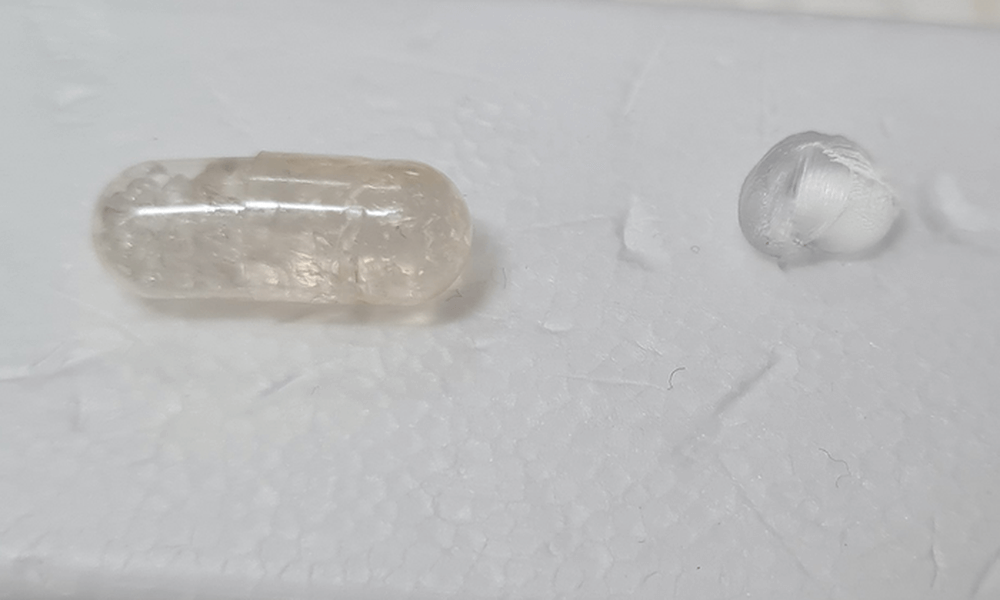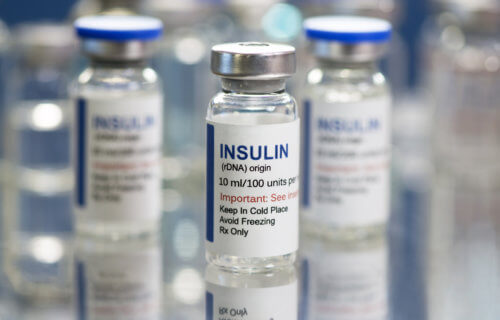MELBOURNE, Australia — Insulin-dependent diabetics may no longer have to stick themselves with painful injections. Scientists in Australia have developed a new type of oral capsule that could revolutionize the way insulin and other protein drugs are delivered. Traditional protein drugs are typically given through injections, which can be unpleasant and costly for patients. However, the new technology designed by researchers at RMIT University offers a pain-free alternative.
The capsules have been shown to effectively deliver insulin in pre-clinical studies, with absorption results that surpass injection delivery. The team is optimistic about moving towards clinical trials and exploring the potential for delivering other protein drugs orally, including a new type of antibiotic that can combat drug-resistant superbugs.
“We’ve developed a game-changing oral capsule that could eliminate the need for painful insulin injections and transform the lives of millions of diabetics,” says lead researcher and RMIT professor Charlotte Conn in a university release. “When controlling blood sugar, you need a very fast response if you’re eating a meal. That’s known as fast-acting insulin. A slow-acting form acts over a much longer timeframe – up to a day or so – to keep the insulin in the body steady. Most diabetics take a combination of both types of insulin. We had excellent absorption results for the slow-acting form – about 50% better than injection delivery for the same quantity of insulin.”
How does the treatment work?
“The capsule has a special coating designed to not break down in the low pH environment of the stomach before the higher pH levels in the small intestine trigger the capsule to dissolve,” says the paper’s first author Dr. Jamie Strachen from RMIT’s School of Science. “We package the insulin inside a fatty nanomaterial within the capsule that helps camouflage the insulin so that it can cross the intestinal walls. It’s actually similar to how the Pfizer and the Moderna COVID vaccines work where the mRNA in those vaccines is also packaged within fats, helping to keep the drugs active and safe during delivery in the body.”

How much insulin is needed?
Researchers used the same amount of insulin in the oral capsules and in the injection delivery.
“For many pre-clinical trials, the oral formulations by necessity contain much higher levels of insulin to achieve the same response as the injection delivery. This is not a very cost-effective way to deliver protein drugs which tend to be expensive,” adds Dr. Celine Valéry, a pharmaceutical scientist from RMIT and study co-author. “For many pre-clinical trials, the oral formulations by necessity contain much higher levels of insulin to achieve the same response as the injection delivery.”
The next steps involve further testing and development to fine-tune the dosing and explore the capsules’ potential for delivering protein drugs over specific time periods.
The study is published in the journal Biometrical Advances.
You might also be interested in:
- Diabetes stunner: Scientists say everything we know about insulin doses is wrong!
- Young Americans with diabetes more likely to ration insulin due to high drug prices
- Insulin prices are 8 times higher in the U.S. than in 32 other nations, report finds


Has anyone watched Stargate or Star Trek’s version of fighting Nanobytes!??! What about Terminator? That AI copilot is a beast & it has your number!